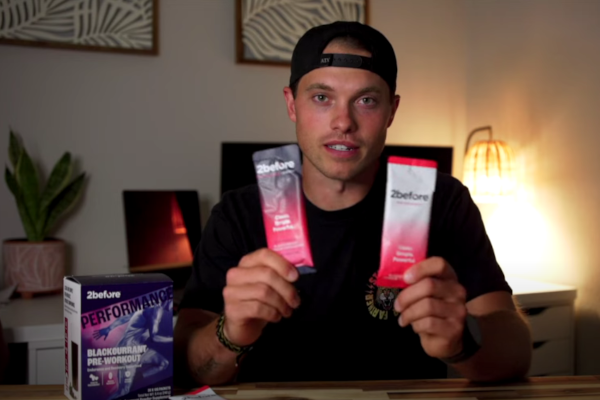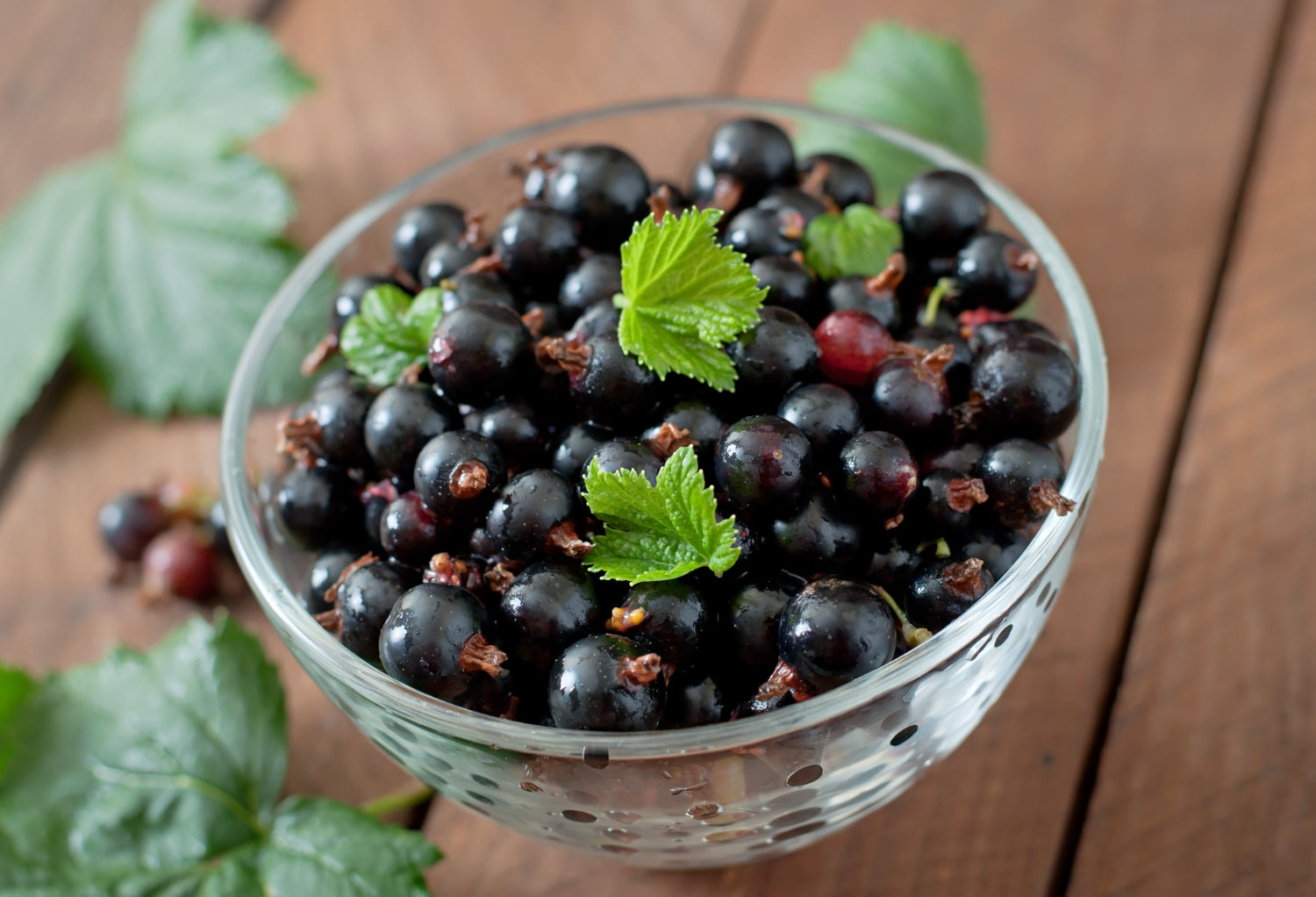Written by Jennifer Ho, Sports Dietitian. MS, RD, CD.
Travel is a part of sports at any level. Whether flying, driving, or taking a bus, most athletes find themselves traveling distances to compete. Some trips may be local, while others can be international.
During travel, it's common for athletes to take short cuts with their nutrition habits due to a lack of usual resources. Dehydration is common on extended plane and bus rides, and nutrient-rich options may be hard to come by. Additionally, frequent travel across time zones and poor sleep hygiene can increase stress and inflammation in the body. With proper planning and preparation, fueling can stay consistent during periods of heavy travel.

Travel Nutrition: Pre-Departure
Adequate fueling directly impacts an athlete’s ability to train and perform. Creativity and resourcefulness can come into play when usual products and facilities are unavailable on the road.
Consider packing a food and supplements bag to help replicate your home environment. Be mindful of how long your flight or bus ride is and how much food and fluid to have. Pack a snack bag with protein and carbohydrate-rich options, electrolytes, and an empty water bottle (to get through security for airplane travel).
Protein-rich options help with satiety, which minimizes mindless snacking, especially during downtime. Travel-friendly options include meat jerkies, dried edamame or chickpeas, protein bars, mountain meals, nuts and seeds, and tuna or salmon packets. Options you may find at the airport include Greek yogurt, deli meat sandwiches, hard-boiled eggs, and ready-to-drink protein shakes.
Carbohydrates should consist of higher fiber options to promote healthy digestion and satiety. Whole-wheat products, cereal and oatmeal cups, and granola or snack bars are some options. Adequate carbohydrate intake helps maintain energy levels through long travel days.
To optimize hydration, utilize salty snacks and electrolytes. These include pretzels, crackers, salted trail mixes, and electrolyte mixes. Sipping fluids instead of drinking large quantities at a time will aid hydration and minimize frequent bathroom trips.
Athletes looking to enhance their antioxidant status can take 2before’s non-caffeinated blackcurrant powder daily for three days before departure. The vitamin C in blackcurrants may also support immune function before travel, helping to reduce the risk of illness on the road.
Travel Nutrition During Your Journey
At your destination, try to replicate your routine at home on the road. Sleep and wake at similar times, eat familiar foods, and take regular supplements.
Heavy periods of travel can take a toll on an athlete’s immune health. Pairing a balanced diet and quality sleep with immune-supporting supplements may help reduce inflammation on the road. The availability of antioxidant-rich foods, like fruits and vegetables, may be limited in some destinations. Supplements like 2before’s non-caffeinated blackcurrant powder can be a travel staple for enhancing recovery, supporting immune health, and increasing sports performance away from home.
Individuals can integrate 2before into their travel routine by consuming blackcurrant power before training, games, or in the evening before bed. The caffeinated version would be more beneficial for morning training. For evening games or before bed, the non-caffeinated version would still provide the benefits of blackcurrants without compromising sleep quality. Blackcurrants enhance antioxidant pathways that help combat oxidative stress from training and travel. Decreasing overall stress and inflammation will help athletes stay healthy over long seasons.
Successful Travel Nutrition
The key to successful fueling on a road trip is planning. Having familiar products and supplements minimizes eating new, unfamiliar foods and products on the road. While it may feel exciting to try new cuisines, it also increases the risk of an upset stomach or illness, which negatively impacts performance. Take time before your next trip to plan for nutritional needs so that you feel prepared for fueling on the road.



